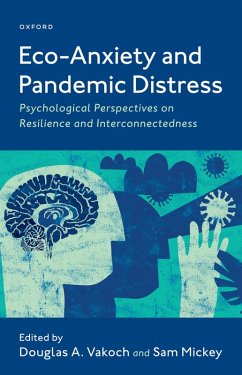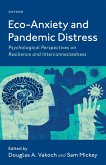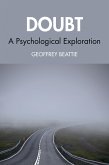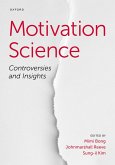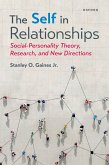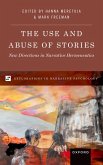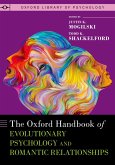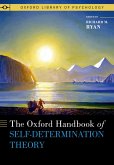As environmental destruction becomes more extreme around the planet, the way humans experience the natural world is changing, giving rise to more frequent and intense experiences of eco-anxiety. Not simply personal or social, eco-anxiety is distributed across the relationships that humans have with the life, land, air, and water of Earth. This anthology presents international and interdisciplinary perspectives on eco-anxiety, with attention to two of the most prominent sources of eco-anxiety today: pandemics, specifically with regards to COVID-19, and the climate crisis. From the microscopic scale of viruses to the macroscopic scale of Earth's atmosphere, instability in natural systems is causing unprecedented forms of psychological distress, including anxiety and related emotional or affective states like grief, anger, guilt, and depression.
Eco-Anxiety and Pandemic Distress both builds upon and moves beyond the latest research in environmental psychology, conservation psychology, and clinical psychology. Dominant research paradigms in these areas rely primarily on experimental and observational methodologies that analyze quantitative data. In contrast, this book focuses on sophisticated traditions of social and cultural psychology in dialogue with other disciplines in the social sciences and humanities. The result is a nuanced understanding of the human experience of confronting eco-anxiety, offering critical insights into the subjective worlds of individuals as they grapple with the intertwined existential threats of the climate crisis and pandemics.
Dieser Download kann aus rechtlichen Gründen nur mit Rechnungsadresse in A, B, BG, CY, CZ, D, DK, EW, E, FIN, F, GR, HR, H, IRL, I, LT, L, LR, M, NL, PL, P, R, S, SLO, SK ausgeliefert werden.

